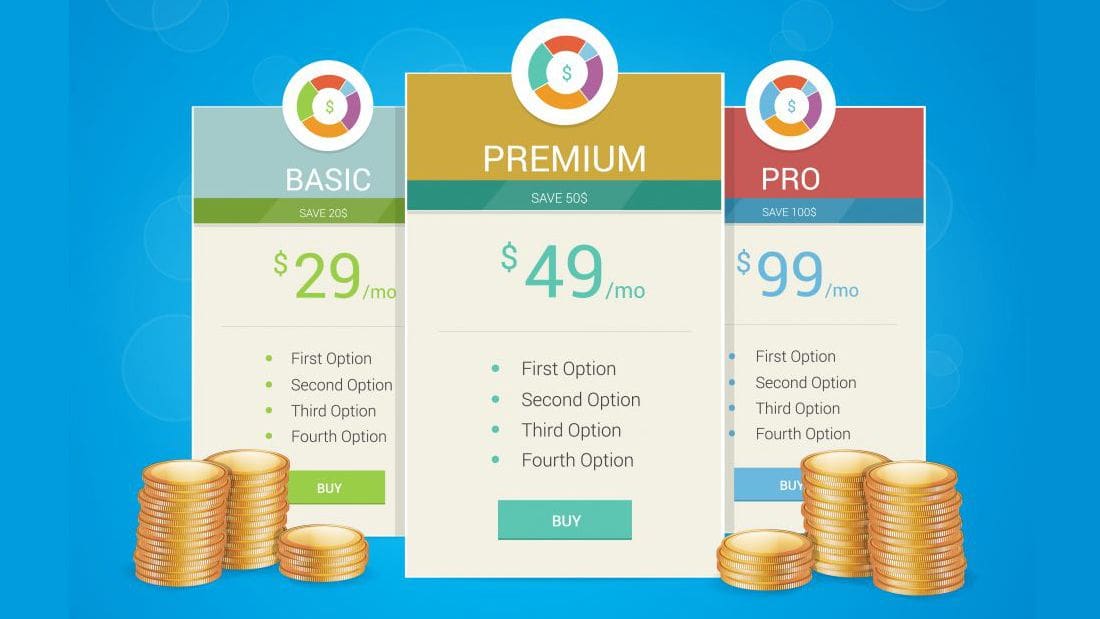Companies all around the world are working hard to become more competitive in an ever globalized market. And having well-educated and highly motivated employees is one of the more important factors that contribute to this. That is why investing in their productivity and skills is of the utmost importance for any company that takes pride in its work.
There are many ways one can approach this matter, from hiring L&D professionals, raising wages to organizing seminars, etc, and all of them have their pros and cons. Depending on your specific situation, the job an employee is doing, and the industry you are working in, you will benefit most from a different approach or a mix of those that will be listed below.
What Motivates People Most?
This question has been asked over and over again for millennia, and we’re still not able to give a definite answer. It all depends. Soldiers in ancient times were motivated by the prospect of plunder, many scientists were eager to experiment more so their name could be attached to a great discovery, while adventurers were simply led by wanderlust. But apart from these rather exotic occupations, most people today share a few common things that motivate them the most.
Motivation, in this case, leads almost directly to higher productivity, so make sure to pay attention to:
- trustworthy leadership,
- career advancement,
- a stable future,
- happiness
While money, as a motivating factor, is also important, it is not as important if the employees are already earning a livable wage. While that should be a basic worker’s right, see that it is so if you can somehow help it in the company.
Learning and Development
L&D is the backbone of any company that is expanding into new fields and needs its employees to be up to date with the skills required for a new job. If you don’t have a specialized manager for this sort of thing, looking at www.learnerbly.com/l-and-d-function can give you some guidance on the matter. A hands-on approach by a professional is invaluable in this sort of thing, but smaller firms usually cannot justify such an expense and therefore need to outsource this function.
Developing an L&D strategy takes time and effort in any company, but is one of the few management positions that have a direct positive effect on employee productivity and skill boost. This, in turn, justifies the investment. Developing both professional and leadership skills is crucial for any business to thrive in a dynamic market.
Increasing Productivity in Different Branches
No two snowflakes are alike, let alone whole branches of industry. Production, research and development, accounting, sales… Applying the same principles to all of them, hoping to get the same results, will lead to a bitter end.
People working in production, of whatever kind, benefit greatly from having reliable tools and machinery and therefore require to be trained to operate them when they replace old ones, or, at the very least, have the services of the old ones regularly. Different things apply to different branches, and it would be best if you did a survey first to determine what would increase their productivity quickly, and then start applying it.
Richness in Diversity
Diversification of the workforce has been happening for some time now, and it is a good thing to include various profiles in a shared environment. For starters, we know today that it is wrong to separate groups of people solely based on things they cannot control, but we also know that the right amount of diversification can lead to a more productive work environment.
Having people who all come with the same level of education and with a very similar background sounds good only on paper. But people who have had a different experience before starting this job will also bring with them a different skill set and also a different view on how to solve certain problems – something that is crucial in tight situations, for example, when you have a deadline coming up.
Seminars and Fairs
Considered by some to be the most fun way of acquiring new skills, going to professional fairs is something that many passionate employees are looking forward to. Not only is it a day off of work, but it is also a chance to meet colleagues from the same profession and see for yourself what is new on the scene. Large fairs can attract millions of visitors and are therefore a great place to make new business deals, but also learn from the best in the business.
Seminars, on the other hand, are much smaller events, and usually with a very specific topic. They are still very valuable as they can be organized more often and sometimes only within the company, so they can be targeted towards a specific need your group might have.
See to it that, if you organize them, they are relatively short, specific, and followed with a discussion about the topic. The discussion helps people see the benefit of the newly acquired knowledge much quicker.
Informal Education
Usually considered inferior to a “good, old-fashioned” formal education, knowledge gained from other sources apart from recognized schools is also valuable while working. Because it doesn’t follow a specified and slow curriculum – informal education, such as experimenting or visiting friendly companies to exchange experience – is a very quick way of acquiring new skills.
Every company should treasure employees who pursue such ways of improving themselves, as they indirectly increase the firm’s value and probably boost other people’s productivity by motivating them. Further, informal education is much cheaper and can therefore be applied to a larger number of employees. Don’t hesitate to consider these “alternative” methods of improving skills as they have been the only way of doing it for a long, long time, while formal schooling was the privilege of a selected few.
If you are in a rush to get a new product or service underway and out into the market you most likely have to improve some skills or general productivity in the company. By following the listed techniques, you are very likely to achieve your goal in no time, but remember that no employee should be treated like a machine that learns instantly, but should be given at least some time or maybe a different approach.


